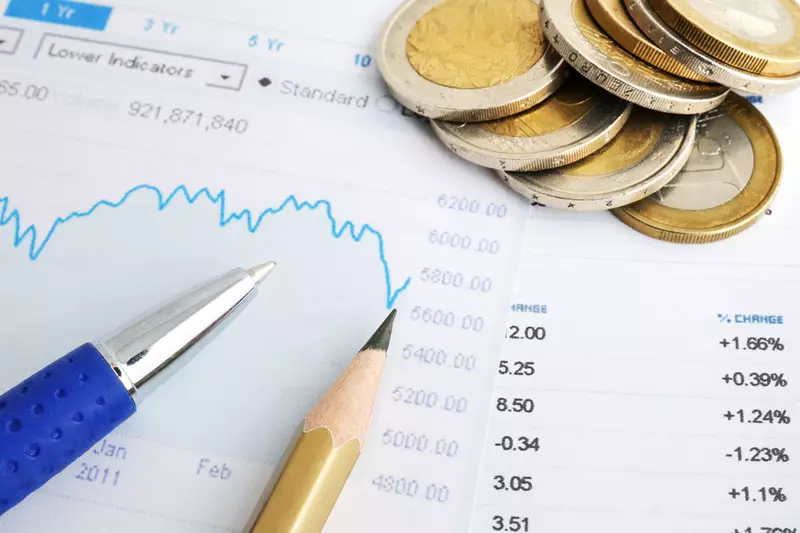The recent political turmoil in Europe has led to increased uncertainty among traders, affecting both the dollar and the euro. With far-right and leftist parties gaining momentum in France and the looming budget crisis in the euro area, investors are waiting anxiously for more data to gauge the strength of the U.S. economy.
The Euro’s Decline
The euro has been trading around more than one-month lows, with the euro easing 0.1% to $1.0699, after hitting its lowest point since May 1 at $1.06678. This downward trend has continued, with the currency experiencing its biggest weekly decline since April at 0.88% last week. The uncertainty surrounding the French snap parliamentary election and President Emmanuel Macron’s centrist administration has added to the euro’s woes.
The Dollar’s Strength
On the other hand, the dollar has held firm, with the dollar index tracking the U.S. currency against a basket of six others, reaching its highest point since May 2. The weakness in the euro has contributed to the dollar’s strength, as the euro accounts for around 57% of the US dollar index weighting.
Minneapolis Federal Reserve President Neel Kashkari suggested that a cut in interest rates by the U.S. central bank is likely this year, with December being the expected timing for the cut. The Fed’s updated projections indicate a median forecast for a single interest rate cut this year, reflecting the uncertainty in the economic outlook.
This week is expected to be light on major U.S. economic data, leaving investors to closely watch U.S. retail sales on Tuesday and flash PMIs on Friday for insights into consumption and economic strength. Any significant deviation from estimates could potentially impact the market sentiment regarding further Fed cuts.
GBP and JPY Movements
Sterling fell 0.1% to $1.267, with inflation pressures in Britain potentially delaying any rate cuts by the Bank of England until August. The yen, on the other hand, remained near a 34-year low against the dollar following the Bank of Japan’s decision to cut bond buying amounts. Governor Kazuo Ueda hinted at the possibility of raising interest rates in July due to import cost pressures caused by the yen’s weakness.
In the cryptocurrency market, bitcoin saw a slight increase of 0.7% to $66,220, while ether fell by 1.2% to $3,553 according to LSEG data. The volatility in the cryptocurrency market adds another layer of uncertainty for investors amidst the global economic instability.
Overall, the political turmoil in Europe and the uncertainty surrounding global economic outlook continue to weigh on market sentiment. The upcoming data releases and central bank decisions will be crucial in determining the direction of the financial markets in the coming weeks. Investors are advised to closely monitor the developments and adjust their strategies accordingly to navigate through these challenging times.

